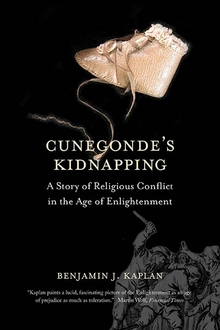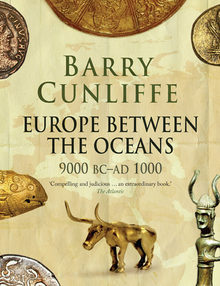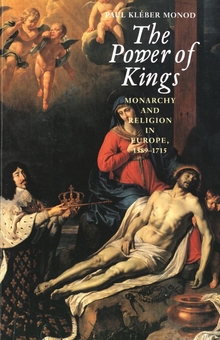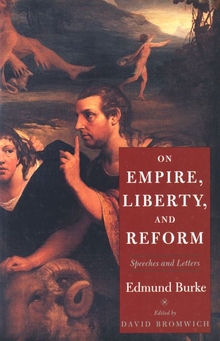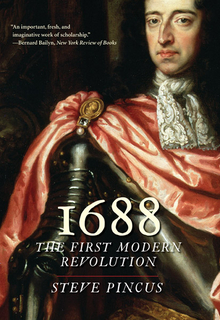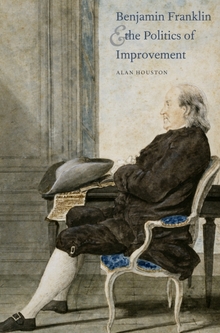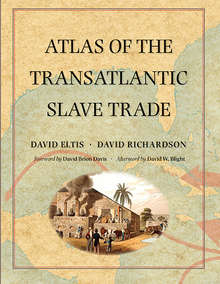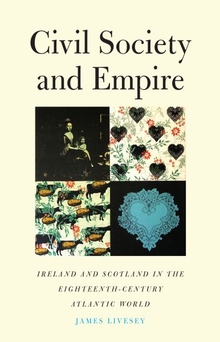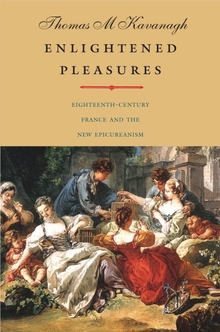Cunegonde's Kidnapping
WARNING
You are viewing an older version of the Yalebooks website. Please visit out new website with more updated information and a better user experience: https://www.yalebooks.com
A Story of Religious Conflict in the Age of Enlightenment
Benjamin J. Kaplan
How a popular religious war erupted on the Dutch-German border, despite the ideals of religious tolerance proclaimed by the Enlightenment
In a remote village on the Dutch-German border, a young Catholic woman named Cunegonde tries to kidnap a baby to prevent it from being baptized in a Protestant church. When she is arrested, fellow Catholics stage an armed raid to free her from detention. These dramatic events of 1762 triggered a cycle of violence, starting a kind of religious war in the village and its surrounding region. Contradicting our current understanding, this war erupted at the height of the Age of Enlightenment, famous for its religious toleration.
Cunegonde’s Kidnapping tells in vivid detail the story of this hitherto unknown conflict. Drawing characters, scenes, and dialogue straight from a body of exceptional primary sources, it is the first microhistorical study of religious conflict and toleration in early modern Europe. In it, award-winning historian Benjamin J. Kaplan explores the dilemmas of interfaith marriage and the special character of religious life in a borderland, where religious dissenters enjoy unique freedoms. He also challenges assumptions about the impact of Enlightenment thought and suggests that, on a popular level, some parts of eighteenth-century Europe may not have witnessed a “rise of toleration.”
In a remote village on the Dutch-German border, a young Catholic woman named Cunegonde tries to kidnap a baby to prevent it from being baptized in a Protestant church. When she is arrested, fellow Catholics stage an armed raid to free her from detention. These dramatic events of 1762 triggered a cycle of violence, starting a kind of religious war in the village and its surrounding region. Contradicting our current understanding, this war erupted at the height of the Age of Enlightenment, famous for its religious toleration.
Cunegonde’s Kidnapping tells in vivid detail the story of this hitherto unknown conflict. Drawing characters, scenes, and dialogue straight from a body of exceptional primary sources, it is the first microhistorical study of religious conflict and toleration in early modern Europe. In it, award-winning historian Benjamin J. Kaplan explores the dilemmas of interfaith marriage and the special character of religious life in a borderland, where religious dissenters enjoy unique freedoms. He also challenges assumptions about the impact of Enlightenment thought and suggests that, on a popular level, some parts of eighteenth-century Europe may not have witnessed a “rise of toleration.”
Benjamin J. Kaplan holds the chair in Dutch history at University College London and is the author of several prize-winning books. He lives in London.
“Kaplan paints a lucid, fascinating picture of the Enlightenment as an age of prejudice as much as toleration.”—Martin Wolf, Financial Times
“In this compelling microhistory, Benjamin Kaplan shows that religious intolerance was by no means dead during the supposedly Enlightened century. Based on a huge cache of judicial sources, this book paints a lively portrait of a small community enmeshed within its geographical and historical context. Readers will be drawn into a drama involving real people, thoughtfully portrayed.”—H. C. Erik Midelfort, University of Virginia
"In this illuminating book, Benjamin Kaplan not only tells a terrific story but expertly leads us through the intricacies of early modern religious-mixing and border-crossing. His particular rich and evocative account goes far toward reshaping the bigger image of a religiously enlightened Europe."—Craig Harline, author of Conversions: Two Family Stories from the Reformation and Modern America
"Ben Kaplan treats us here to a fascinating thriller in which the reader is invited to participate in the jury. This exciting story at the interface of law, theology, geography, and anthropology is both a Who’s done what? and a deep-layered study of religious diversity and strife in the so-called age of enlightenment and toleration."—Bas de Gaay Fortman, Utrecht University
"This is more than an engrossing and beautifully written microhistory: it is also one of the most revealing windows into the complexities of faith in the early modern era that one could hope to find. If God is in the details, then this book deserves to be called divine. Benjamin Kaplan makes a major contribution once again to our understanding of the arduous twisting path that Western culture traversed before it embraced religious tolerance."—Carlos Eire, Yale University
"[Kaplan] has produced a book that is not only an incomparable guide to life on this particular frontier, but a model of what micro-history can be."—Alec Ryrie, Times Higher Education
"Kaplan has crafted these hidden survivals into one of the finest exercises in microhistory that I have ever read. He tells the story with his usual precision but, with the lightest of touches, he opens up fruitful debate about the fundamental contours of post-Reformation European history."—Jonathan Wright, Tablet
“A surprising and comprehensive history of an isolated event . . . that throws light on the progress of the Enlightenment or lack thereof, and on human nature itself. . . . [An] absorbing story.”—Rob Hardy, Dispatch (Columbus, Mississippi)
"…what an enthralling and resonant story [this] is. Benjamin Kaplan has recreated a lost, yet utterly compelling world . . . makes us think deeply about borders, what they meant to early modern individuals and what they mean to us."—David Nash, History Today
“This excellent example of microhistory addresses some of the larger problems concerning the reputed rise of religious toleration during the 18th-century Enlightenment… This is an instructive and entertaining work”—Charles Littleton, Journal of the Huguenot Society
"Benjamin Kaplan writes marvelously well and his lively and revealing study should be another prize-winner and a book that reaches many readers."—Natalie Zemon Davis, author of Women on the Margins
“In this exemplary microhistory . . . Kaplan has provided us with a fascinating view of eighteenth-century religious and social history.”—Michael Printy, Catholic Historical Review
“[A] fascinating micro-history . . . one is left not only with a renewed awareness that religious conflict and intolerance were alive and well during the so-called age of Enlightenment but also with the sense that there is much more to be learned about the history of the practice of religious toleration.”—Jonathan Beecher, Canadian Journal of History
ISBN: 9780300244410
Publication Date: March 26, 2019
Publication Date: March 26, 2019
312 pages, 5 1/2 x 8 1/4
30 b/w illus.
30 b/w illus.

